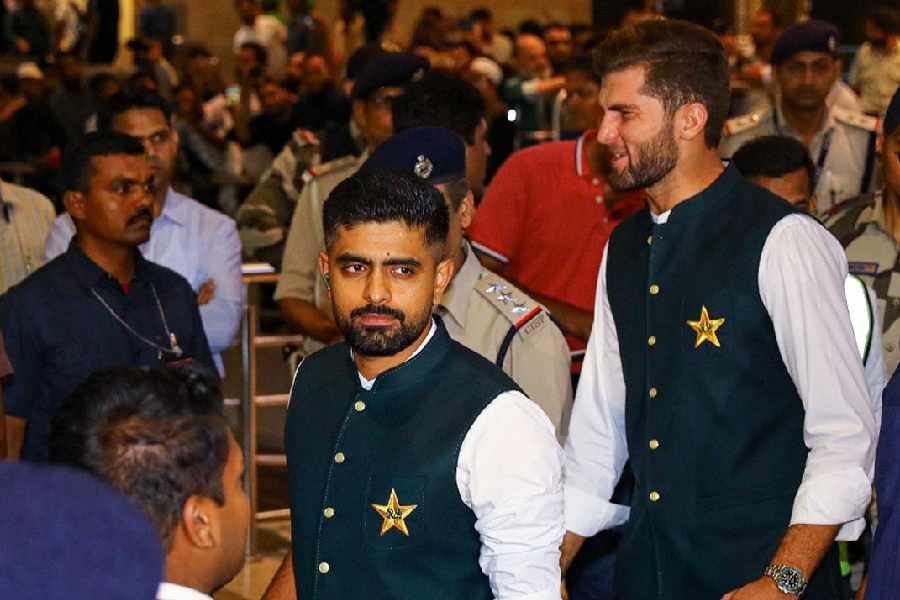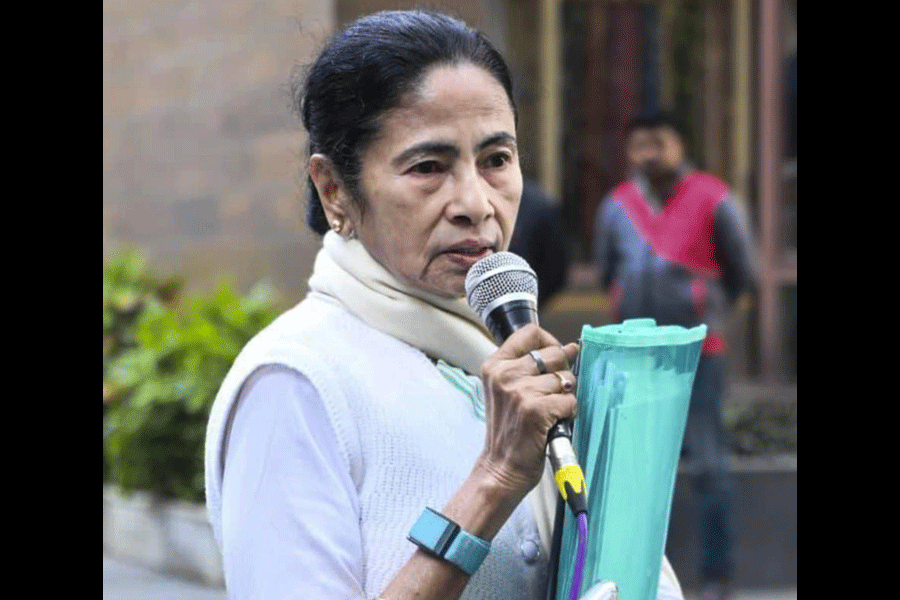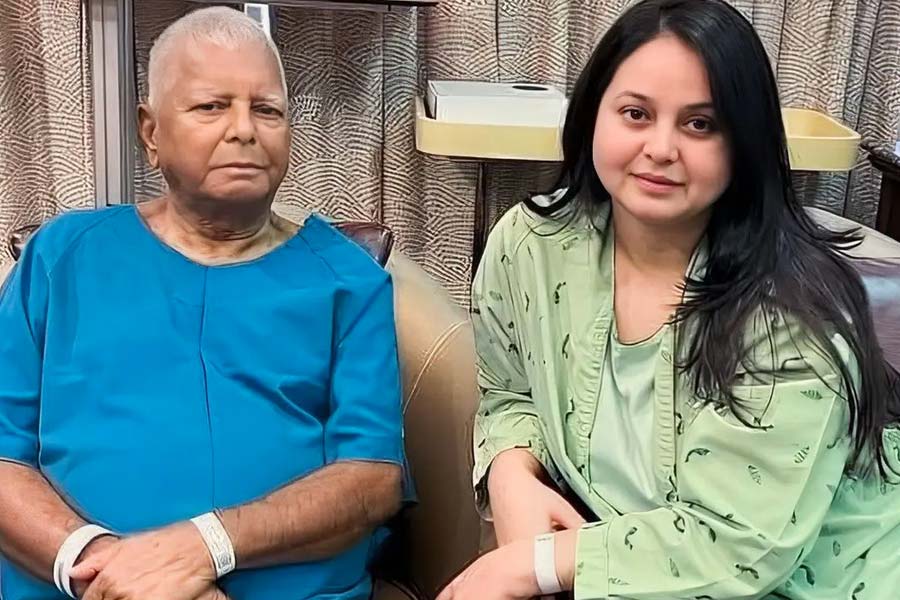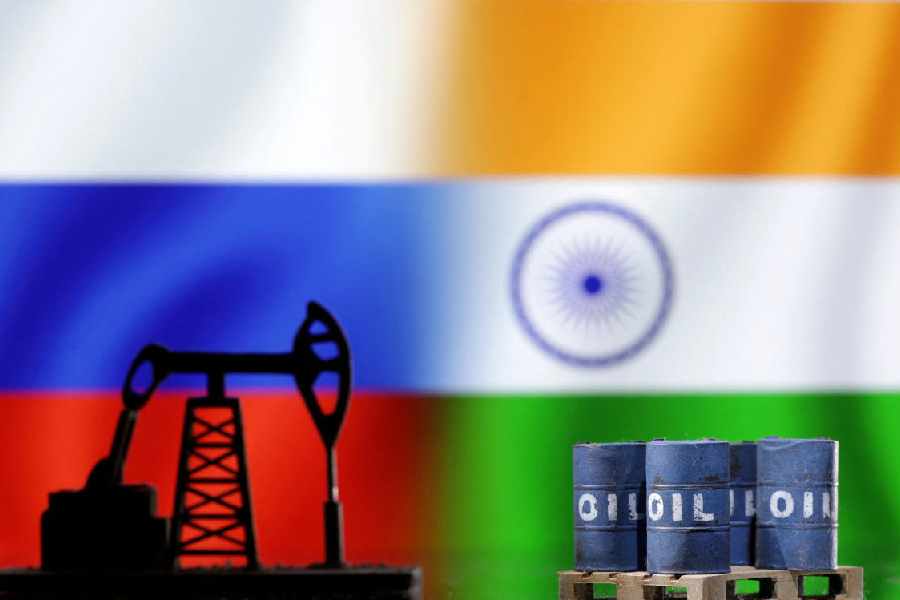-

Word power: PM Narendra Modi at the Red Fort on August 15 and (below right) on the cover of The Economist
This morning's scholarship question for Oxbridge entrance is: 'Why does The Economist keep getting it so wrong on India?'
Given that Narendra Modi has been in power for not even 100 days it is remarkable how quickly the Prime Minister appears to have gone from zero to hero. His Independence Day address has been hailed as 'historic' by Keith Vaz, who, as chairman of the powerful home affairs Commons selection committee, is probably the UK's most influential Asian politician.
'Narendra Modi has been a breath of fresh air as India's new Prime Minister,' Vaz told me.
Before the election, The Economist's cover story pondered: 'Can anyone stop Narendra Modi? He will probably become India's next prime minister. That does not mean he should be.'
Because of his communal record, 'this newspaper cannot bring itself to back Mr Modi,' said The Economist, which found Rahul Gandhi 'the less disturbing option'.
And if the BJP did win, The Economist felt 'its coalition partners should hold out for a prime minister other than Mr Modi'.
Last week, endorsement of Modi's extempore Red Fort address in Hindi cut across party lines. From Geneva, tycoon Prakash Hinduja was the first one to ring and express approval of the Prime Minister's 'Mahatma Gandhi like' emphasis on rural development.
David Cameron's 'diaspora champion', Priti Patel, who was recently appointed exchequer secretary to the treasury, called the speech 'clear and inspiring'.
Economist Lord Meghnad Desai — he was about the only one I know who predicted Modi might get a majority all by himself — expressed delight that the Planning Commission was being abolished, 'something I have been recommending for the last 15 years — I ask for no more'.
His novelist wife, Lady Kishwar Desai, said Modi's focus on gender crimes made the speech 'very timely and meaningful'.
The Labour MP Seema Malhotra, who heads her party's parliamentary business interest group, welcomed a 'visionary' speech, while the businessman Lord Karan Bilimoria remarked that 'much of what was said was music to my ears'.
Though no Modi cheerleader, even the author Zareer Masani — 'I am not a BJP voter, I don't like his communal agenda' — showed restraint: 'I am willing to give his economic policies a chance.'
At least in England it's said that all political careers end in failure. Should it eventually all go wrong for Modi, The Economist will be able to gloat: 'Did we not warn you?'
Today, though, 3,000-5,000 Indians attending the Indian High Commission's delayed 'everyone is welcome' Independence Day celebrations in the grounds of the Indian Gymkhana Club in west London will probably toast Modi with a nice cup of English tea.
London light
-

Yoga Guru: B.K.S. Iyengar (centre) in London in 1985
B.K.S. Iyengar has a huge and devoted following in the UK, so it is only fitting that his death has been marked with warm tributes.
In The Guardian, Mark Tully noted that 'more than any other practitioner, Iyengar was responsible for the spread of interest in yoga in the west over the last half-century'.
The Daily Telegraph recalled that 'in 2004 Time magazine included Iyengar on a list of 100 People Who Shape Our World.'
It's odd but few very Indians in the UK do yoga. In fact, I know of only one woman, who arranged for me to interview Iyengar as a curtainraiser for his London visit in 1985. When I telephoned him in Paris at 6am, as instructed, Iyengar, then 67, appeared breathless as though he had stumbled in the dark to get to the phone.
He brushed aside my profuse apologies: 'Oh, no, no, no, I've just got back from a run.'
Essex Indians
-

Cancer cause: Lord Swraj Paul (centre, seated) with members of his family and Essex Indians
Can more be done to prevent cancer in India? An increasingly affluent life is apparently one reason for cancer, plus smoking. Among children, the high incidence is due to complex genetic factors.
I have all this from a group, the Essex Indians, consisting mainly of Bengali doctors. Their artistically inclined children raised �3,000 for the Saroj Gupta Memorial Cancer Hospital in Thakurpukur, Calcutta, earlier this year by putting up Tagore's The Post Office.
When Lord Swraj Paul read about their efforts, he was touched and immediately matched the funds they had raised. Last week, the Essex Indians dropped in to thank Swraj, who was accompanied by his son, Angad, daughter-law, Michelle, and grandchildren Amalia and Arki.
Afterwards, Swraj showed me that day's leader in the Financial Times, expressing qualified approval for Narendra Modi's Independence Day speech.
'Modi is a good talker — now he needs to deliver,' the paper said.
Swraj takes the view that when the Brits urge economic reform on India, they basically want those changes made which will enable the UK to sell more to India — especially fighter aircraft.
Incidentally, the Caparo group in India has developed a battery-operated e-rickshaw (no pedalling required), which he would quite like to manufacture on his factory site now lying empty in Singur. His engineers have also developed a 'bio-digester' toilet, which could also be manufactured in Singur.
'Why does she (Mamata Banerjee) have to go to Singapore for investment?' asks Swraj.
Danny's death
Since Kabir Khan was in London recently, we could talk briefly about the documentary that we did with a couple of our friends, Ahmed Jamal and Ramesh Sharma, on the Wall Street Journal's Mumbai correspondent, Daniel Pearl. He, too, was beheaded on video — in Pakistan in 2002.
During the filming of our documentary, The Journalist and the Jihadi, the hardest interview I had to do was with Daniel's parents, Judea and Ruth Pearl, at their home in Encino, Los Angeles. It was Prof. Pearl who brought up the subject of his son's beheading.
The brains behind Daniel's kidnapping was a British Pakistani, Omar Sheikh, who was sprung from Tihar Jail through the hijacking of IC814.
Today there are said to be hundreds of British jihadis but Omar Sheikh has the distinction of probably being the pioneer.
Rising yeast
-

Test of taste: Chetna Makan (in red) in The Great British Bake Off
Pic: BBC/MARK BOURDILLON
A brief stop press: there are seven more episodes to go but Chetna Makan, the 35-year-old Indian, has survived the first three weeks of The Great British Bake Off, the BBC reality television show. Her Swiss roll with crushed cardamom has won her a big fan following. She lives to bake another day.
Tittle tattle
Let me end with The Economist. It's political editor, James Asthill, argues that India should be much better than it is in cricket.
In The Great Tamasha: Cricket, Corruption and the Turbulent Rise of Modern India, published last year, he holds the BCCI responsible for many of India's ills — 'the good of Indian cricket is not the chief priority of the politicians who run the BCCI'.
Today, in 2014, India considers itself an economic superpower. However, it seems to me that there is almost a built-in inferiority complex when Indians face Englishmen on English soil.
To lose 4 wickets with the score at 8 (Old Trafford in 2014) recalls Leeds in 1952 when India lost the first 4 wickets without a run on the board. The problem here appears psychological and cultural. Indians in the UK will recover but for now they feel emasculated.











